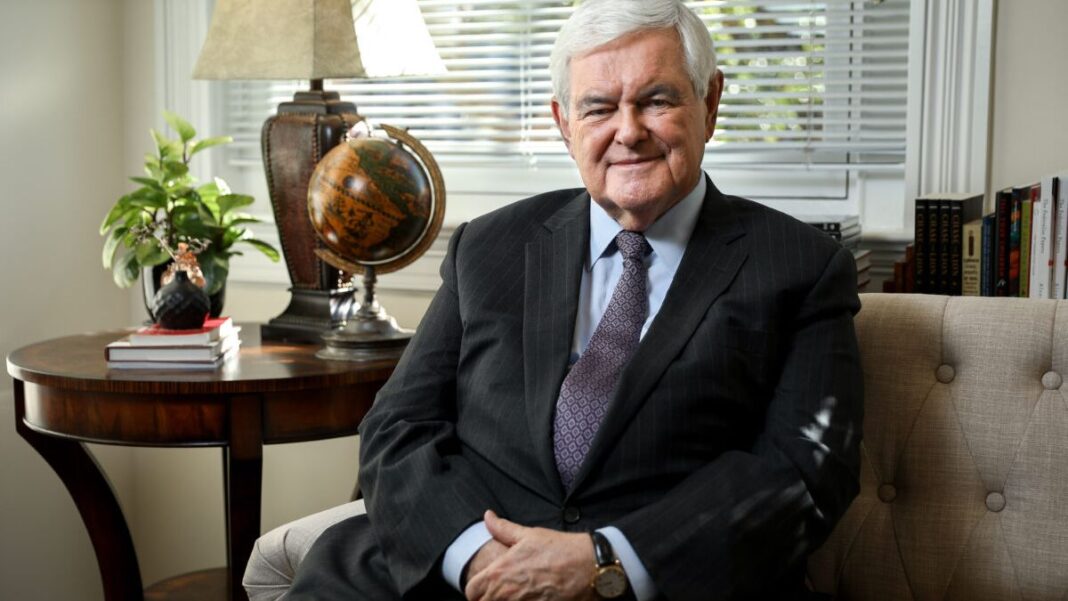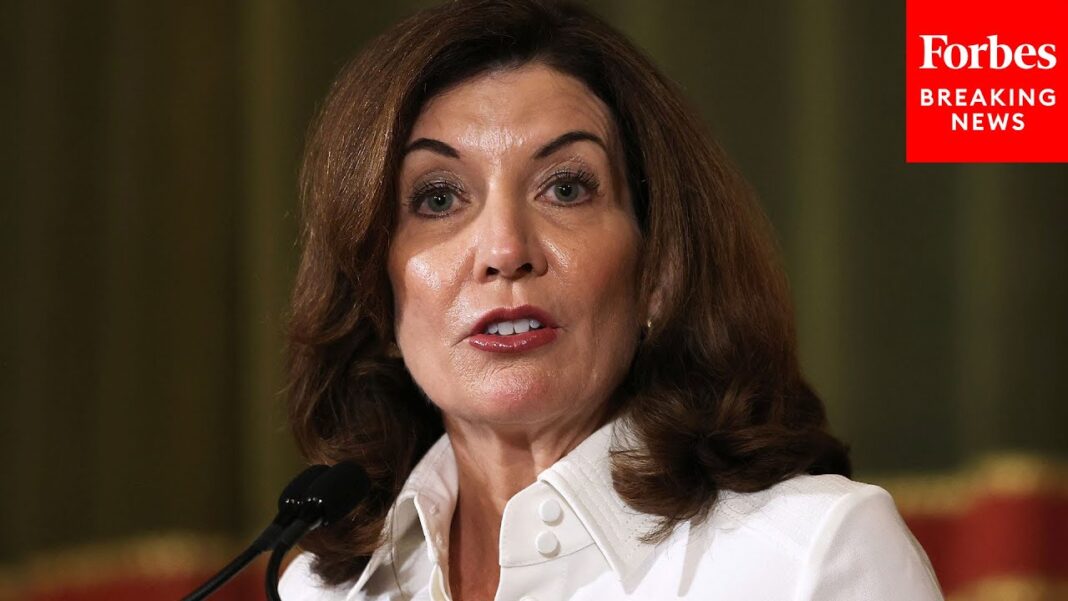Instances of stroke following receipt of Pfizer’s new booster in the elderly may be connected to the influenza vaccine, officials said on Jan. 26.
One-hundred thirty cases of ischemic stroke, which can be deadly, were recorded among people aged 65 or older within 21 days of a bivalent Pfizer booster, the U.S. Food and Drug Administration’s Vaccines and Related Biological Products Advisory Committee heard on Thursday.
That was higher than the 92 cases recorded in the 22- to 42-day window following vaccination, triggering a safety signal.
The U.S. Centers for Disease Control and Prevention (CDC) and the administration (FDA) revealed the signal on Jan. 13 but had not said how many cases were recorded from the U.S. government’s Vaccine Safety Datalink surveillance system, which contains records from 12.5 million people across 11 sites.
A preliminary review of medical records at one site, which saw 24 ischemic stroke cases in the three weeks following Pfizer vaccination, revealed that a majority of the people who suffered a stroke had an influenza vaccine administered on the same day as the COVID-19 vaccine.
None of the patients had a history of stroke or transient ischemic attack, which is similar to a stroke and could be a non-vaccine cause of ischemic stroke.
Three of the patients died, including a man who perished one month after the stroke. His death was determined to likely be related to the health event.
Overall, 40 cases of ischemic stroke following both COVID-19 and flu vaccination were identified among people who suffered stroke through Dec. 17, 2022. That post-signal analyses heightened the safety signal, which is a sign a vaccine may cause a condition. Only 34.5 cases were expected based on background rates.
There were 60 cases among elderly people who received a bivalent COVID-19 vaccine without receiving a flu vaccine on the same day. That number did not meet the definition of a signal.
Officials decided to compare the cases recorded among boosted people one to 21 days after vaccination with boosted people 22 to 42 days after vaccination for the primary analysis. The rationale given was that people who recently received a vaccine were “expected to be more similar to current vaccinees than unvaccinated individuals.”







